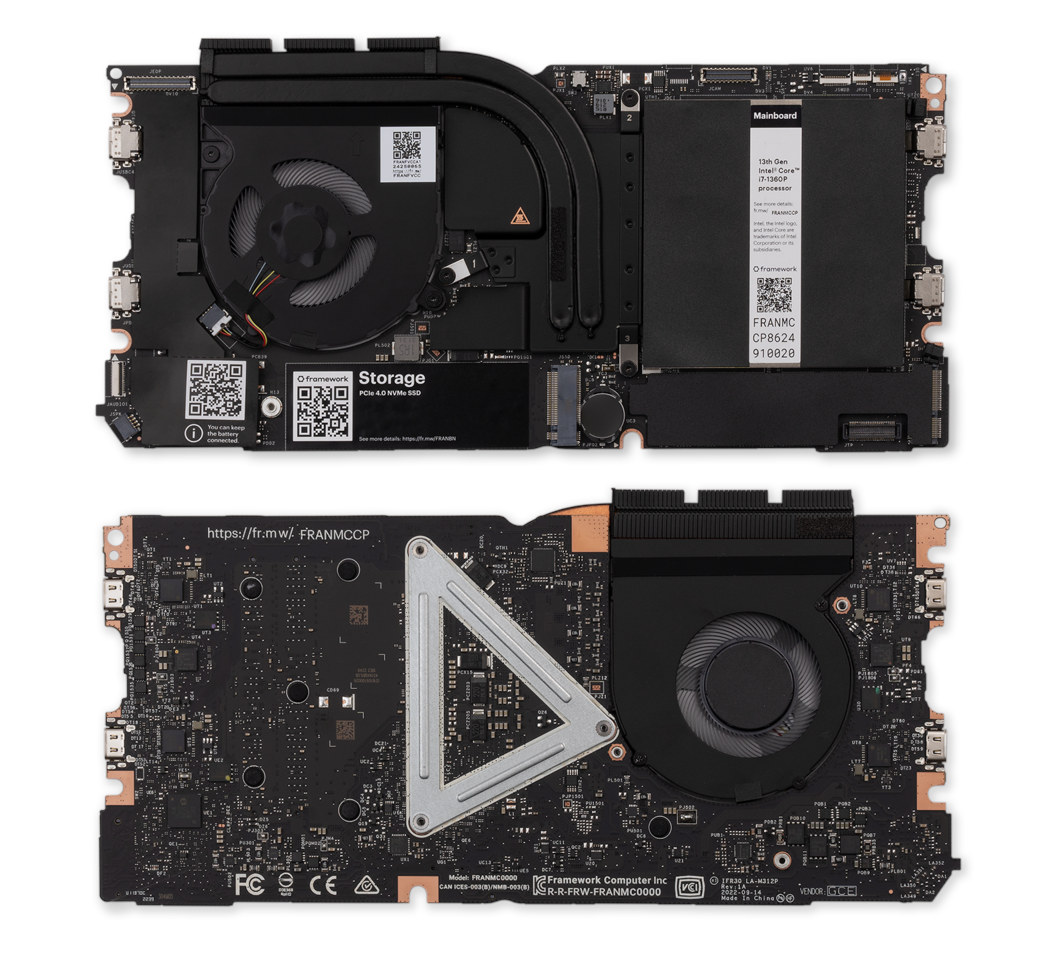
The Rise of Small AI: Running AI Models Locally on a Raspberry Pi
The emergence of Small AI, a new generation of smaller generative AI models, has been a significant development in the machine learning landscape. These models, designed to run at the edge, have the potential to revolutionize the way we interact with AI. In this article, we’ll explore the latest advancements in Small AI, including the release of PicoLLM, a cross-platform inference engine that enables the local deployment of AI models on devices like the Raspberry Pi.
The Evolution of AI
Over the past year, we’ve seen significant progress in the development of Small AI models. Microsoft’s release of the lightweight Phi-2 model marked a significant milestone in this journey. More recently, Picovoice has unveiled its PicoLLM platform, a cross-platform inference engine designed to run Phi-2 and other lightweight models like it on-device.
 PicoLLM framework supports Gemma, Llama, Mistral, Mixtral, and Phi 966 families of models
PicoLLM framework supports Gemma, Llama, Mistral, Mixtral, and Phi 966 families of models
The Power of PicoLLM
The PicoLLM framework is a game-changer in the world of Small AI. It enables the local deployment of AI models on devices like the Raspberry Pi, without the need for cloud connectivity. This means that developers can now create AI-powered applications that run locally, without relying on cloud-based services.
A Raspberry Pi running PicoLLM
The PicoLLM engine supports a range of AI models, including Gemma, Llama, Mistral, Mixtral, and Phi 966. This means that developers can choose the model that best suits their application, and deploy it locally on their device.
The Future of AI
The release of PicoLLM marks a significant step forward in the development of Small AI. As the technology continues to evolve, we can expect to see more AI-powered applications running locally on devices like the Raspberry Pi. This has significant implications for the way we interact with AI, and the potential applications are vast.
 The potential applications of Small AI are vast
The potential applications of Small AI are vast
In conclusion, the rise of Small AI is a significant development in the machine learning landscape. With the release of PicoLLM, we’re one step closer to a future where AI-powered applications run locally on devices like the Raspberry Pi. As the technology continues to evolve, we can expect to see more innovative applications of Small AI in the years to come.














